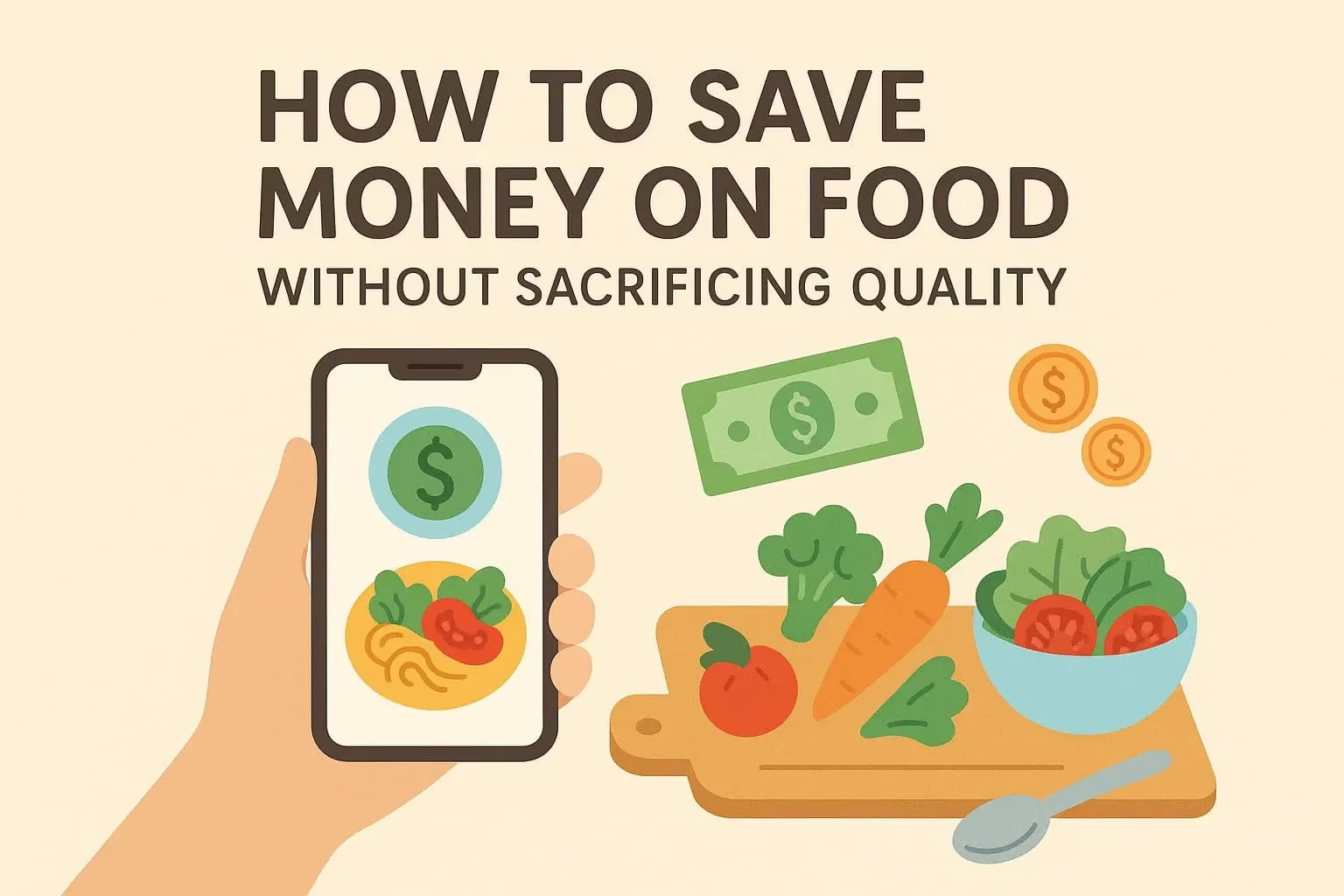How often do you say “yes” when you really want to say “no”?
Whether it’s agreeing to a meeting you don’t have energy for, taking on someone else’s responsibility, or overcommitting to social plans, many people struggle to protect their time and energy — not because they can’t, but because they feel guilty.
But here’s the truth:
Every time you say “yes” to something that drains you, you’re saying “no” to something that matters — including your own well-being.
Learning to say no isn’t just about time management. It’s a form of radical self-care and emotional self-respect.
In this article, you’ll learn how to say no without guilt, why it’s essential for extreme self-care, and how to reclaim your time and energy — unapologetically.
Why Saying “No” Feels So Hard
From a young age, many of us are taught to be:
- Helpful
- Polite
- Agreeable
- Accommodating
- Self-sacrificing
As a result, saying no can trigger fears like:
- “They’ll be mad at me.”
- “They’ll think I’m selfish.”
- “I’ll disappoint them.”
- “I’ll miss out.”
- “I’m not allowed to set limits.”
This fear is real — but it’s learned, not permanent. Saying no is not rejection. It’s honoring your own needs.
What Happens When You Say Yes Out of Guilt
You end up:
- Overwhelmed and burned out
- Resentful of the people you’re helping
- Disconnected from your own goals and desires
- Losing trust in yourself
- Feeling exhausted but still “not enough”
Self-abandonment in the name of being “nice” is not kindness — it’s neglecting yourself.
The Benefits of Saying No (Without Guilt)
When you start saying no from a place of self-respect:
- You create emotional and mental space
- You have more energy for what truly matters
- You stop living reactively and start living intentionally
- You gain trust in yourself
- Your relationships become more honest and balanced
And most importantly: you reclaim your time, which is your most limited and valuable resource.
How to Say No Without Feeling Like a Bad Person
1. Remember Your “Yes” Has Value
If you always say yes, it loses meaning.
Your time and energy are valuable — and your no protects the quality of your yes.
2. Use Kind but Clear Language
You don’t need to over-explain, lie, or justify.
Examples:
- “Thank you for thinking of me, but I won’t be able to.”
- “That’s not something I can commit to right now.”
- “I’m focusing on fewer obligations — I appreciate your understanding.”
- “No, but I hope it goes really well.”
- “I’m not available, but thank you for the invite.”
Clarity is kindness. You don’t owe people a long explanation.
3. Practice Saying No in Low-Stakes Moments
Like:
- “No, I don’t want a receipt.”
- “No thanks, I’m good.”
- “Actually, I’m going to pass on that.”
Building confidence in small moments prepares you for bigger boundaries.
4. Pause Before Answering
When asked for something, don’t default to “yes.”
Instead, try:
- “Let me check my schedule and get back to you.”
- “I need a moment to think about that.”
- “Can I get back to you tomorrow?”
This gives you space to respond instead of react.
5. Write Down What You’re Saying Yes to When You Say No
Every no is a yes to something else:
- Peace
- Rest
- Mental clarity
- Your creative projects
- Your health
- Time with loved ones
- Your own priorities
Let that positive frame anchor your decision.
6. Notice and Challenge Guilt When It Arises
Ask yourself:
- “Is this guilt based on a real value, or just old programming?”
- “What would I tell a friend in the same situation?”
- “Does saying yes actually align with who I want to be?”
- “Am I choosing this from love — or fear?”
Guilt is not always a sign that you did something wrong. Often, it just means you’re breaking an old pattern.
Scripts for Saying No Gracefully
Use these templates and adapt them to your voice:
- Work:
“I appreciate the opportunity, but I don’t have capacity to take on more right now.” - Social:
“I’d love to support, but I need to recharge this weekend.” - Family:
“I care deeply about you, and I need to set some boundaries for my mental health.” - Recurring asks:
“I’ve noticed this is becoming a pattern, and I need to step back so I can prioritize other things.”
Direct ≠ rude. Boundaries are how we honor ourselves and others.
What If They Don’t Take It Well?
Not everyone will love your boundaries. That’s okay.
Their reaction is not your responsibility.
You can say no with love — but you are not required to:
- Make them comfortable
- Fix their disappointment
- Abandon your truth to protect their feelings
You are allowed to be honest and kind — and still choose yourself.
Final Thought: “No” Is a Full Sentence — and a Healing One
Saying no without guilt is a skill. It takes time, courage, and practice. But each time you do it, you send yourself a powerful message:
“My needs matter.”
“My energy is sacred.”
“I’m not here to be everything for everyone.”
“I choose peace over pleasing.”
So next time guilt tries to creep in, pause. Breathe.
And remind yourself: You’re not rejecting others — you’re respecting yourself.
And that is extreme self-care in its truest form.






